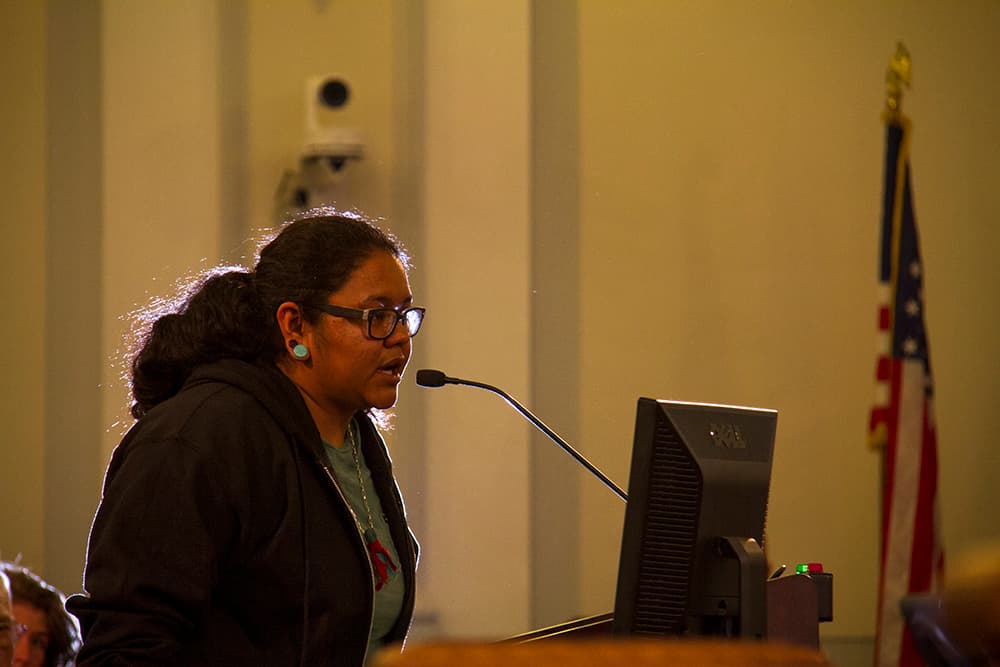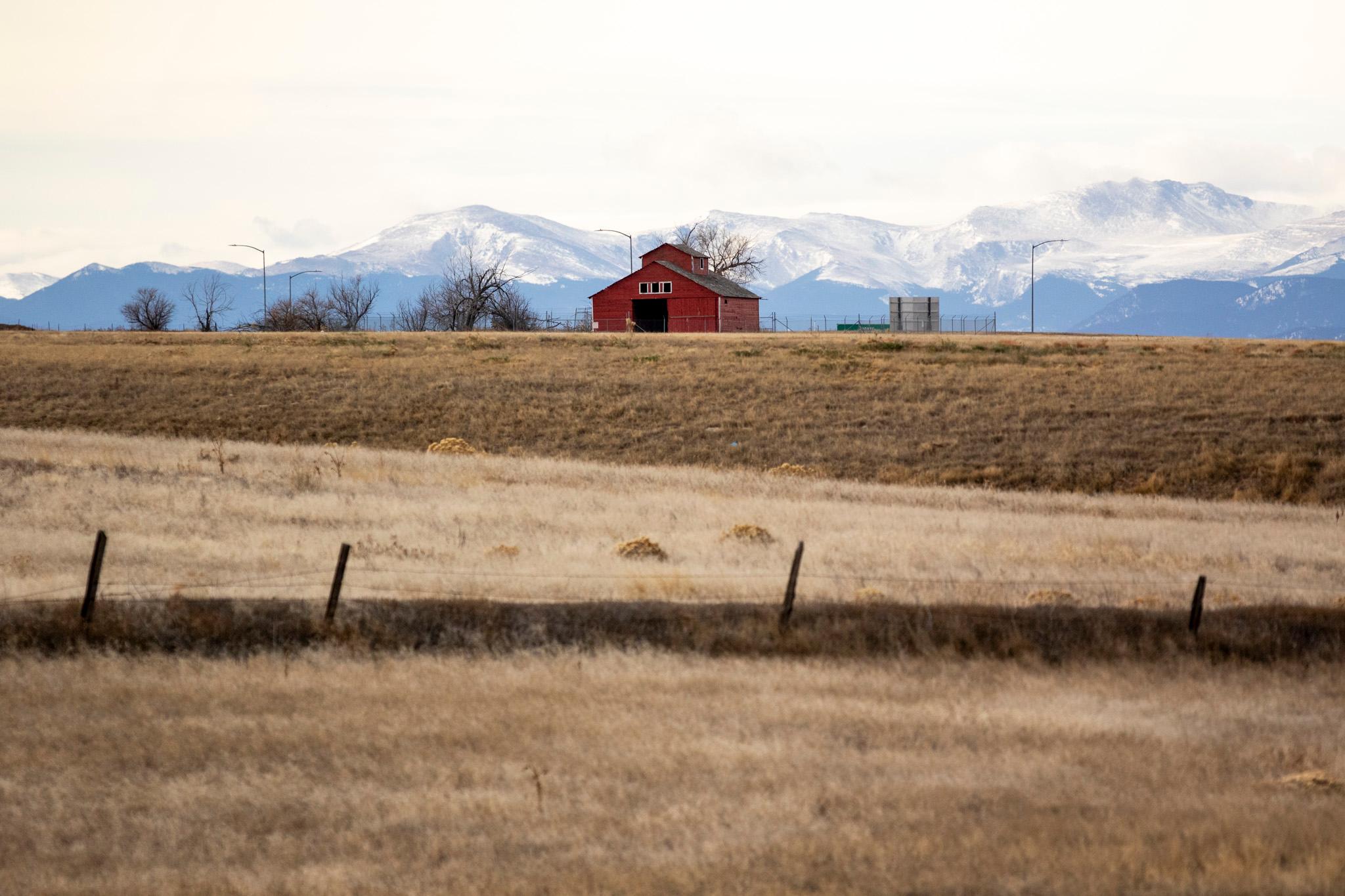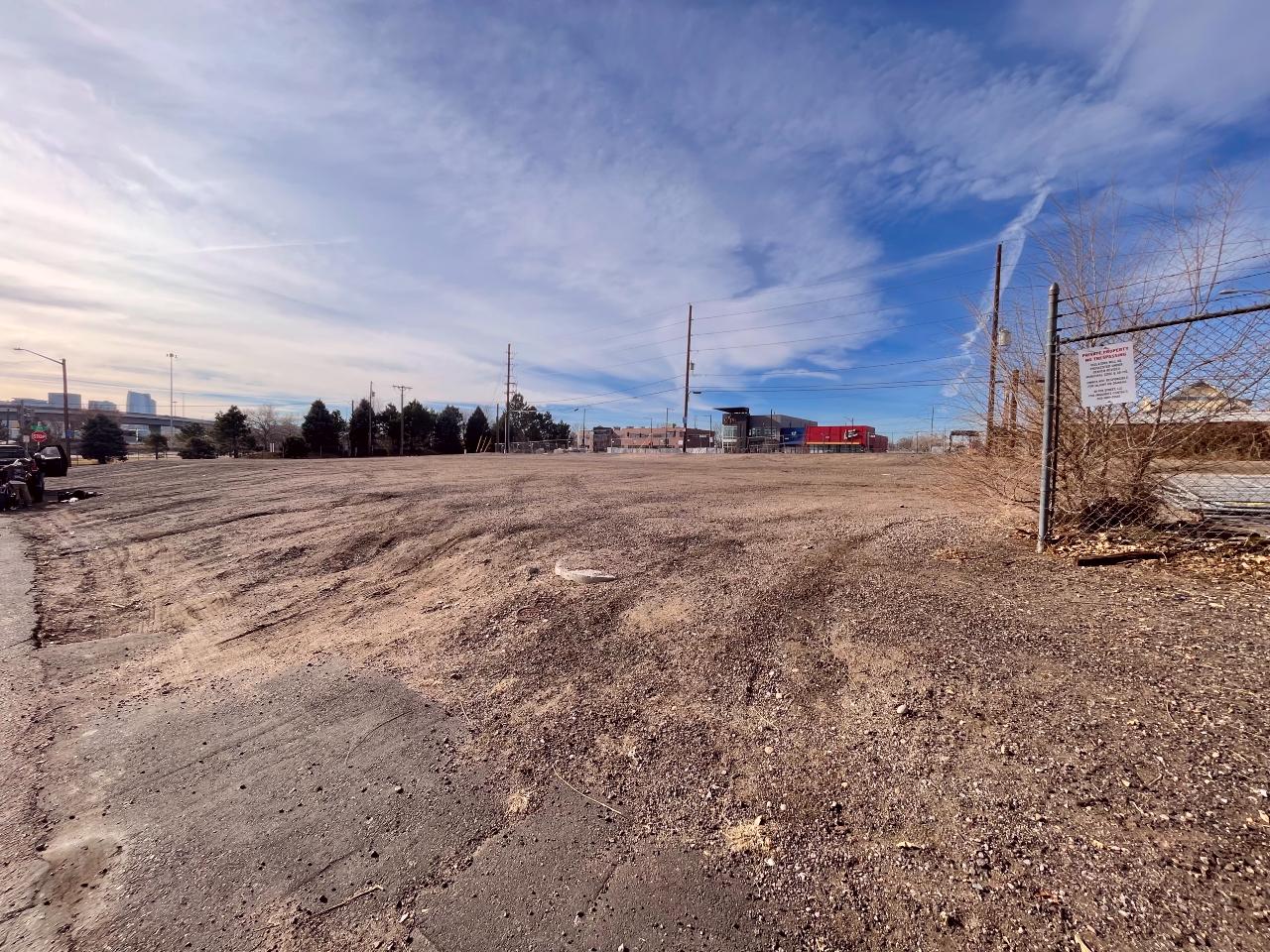
Update: Rep. Jason Chaffetz says he'll withdraw the bill. He announced the change of heart in an Instagram post with his dog.
A Utah congressman is again pushing the federal government to sell off millions of acres of land maintained by the Bureau of Land Management in the West.
Rep. Jason Chaffetz, a Utah Republican, has introduced the "Disposal of Excess Federal Lands Act of 2017," a bill that would require the government to unload acreage in ten states, including Colorado.
The lands affected by the bill would include about 94,000 acres in Colorado, about the size of Denver. H.R. 621 would affect roughly 3.4 million acres nationwide, about three times the size of Rhode Island.
The land was identified in 1997 under President Bill Clinton's administration. Together, it's about 1 percent of the land managed by the BLM and 0.5 percent of all federal land, according to Chaffetz. By selling it, the Clinton administration hoped to fund rehabilitation of the Everglades in Florida.
The properties are spread across 29 counties, with the greatest concentrations in Rio Blanco, with about 13,000 acres, and in Grand County, with 12,000 acres. Some BLM land is leased out to timber and energy companies, but it's also generally open for public use.
Now, Chaffetz wants the acreage in question sold at "fair market value," with the proceeds going toward the federal debt.
The federal report that identifies the land gives few details of why it was considered appropriate for sale. In some case, land may be identified as isolated or uneconomical to manage.
"There isn’t a cohesive set of information at this point. We're trying to figure that out as well," said Nada Culver, the Denver-based senior counsel for The Wilderness Society.
"Our expectation and experience is that these lands will run the gamut." Some of it may be isolated federal parcels that are surrounded by state land, which would "make sense to exchange" for other land, she said.
"But it could also be land that has important value for wildlife or recreation or wilderness."
It's also worth noting that the 1997 report identified reasons that much of the land would be difficult to sell, including "high disposal costs, the presence of critical natural or cultural resources and habitat, mineral claims and leases, and hazardous conditions," according to a committee report on an earlier version of this bill.
Oh, yeah: Chaffetz has made the same play before, including in 2015. As it had before, it died without much action that year.










